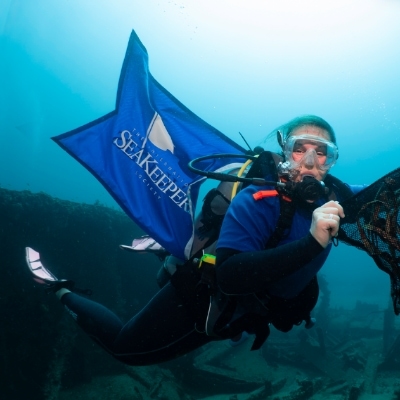Tracking White Sharks with Environmental DNA
Project Overview:
Great white sharks are key players in marine ecosystems, acting as apex predators that help keep ocean life in balance. Despite their size, they are rarely seen because they spend much of their time deep below the surface. This project invites citizen scientists to take part in cutting-edge marine research by helping collect environmental DNA (eDNA) samples from the water column. Using a simple sampling kit, participants will gather water samples that contain traces of genetic material shed by sharks, such as skin cells or waste. These samples are then preserved and sent to partnering researchers at Virginia Tech for analysis. By joining this project, you can help collect eDNA samples and contribute to important research on great white shark populations.
Program Partners
- Virginia Tech Department of Fish and Wildlife Conservation
Location
- The Mediterranean
Expected Time Frame
- Ongoing
Citizen Science activity parameters listed above are flexible and negotiable.
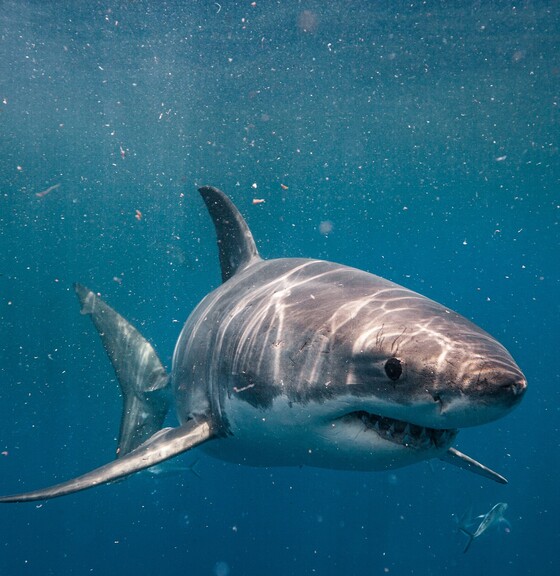
Background:
White sharks are among the most iconic ocean predators, but in the Mediterranean Sea, their populations are critically endangered and poorly understood. Other large sharks in the region, such as the shortfin mako and porbeagle, face similar threats due to centuries of fishing and a lack of data. Researchers are now using environmental DNA (eDNA) to detect traces of these elusive animals in the water, providing a powerful tool to monitor their presence and movement without direct sightings. Oceanographic modeling helps track how eDNA travels, while citizen scientists equipped with simple, cost-effective sampling kits play a key role in expanding data collection. This collaborative approach is essential to inform conservation strategies for the Mediterranean’s remaining white sharks.
Data Impact:
Expanding eDNA sampling across the Mediterranean Sea will provide critical insights into great white shark biology and ecology, including movements, migration routes, genetic diversity, and reproductive behaviors. These data can help fill long-standing knowledge gaps that have hindered effective conservation planning and are essential to prevent the extinction of white sharks and other large pelagic species, both in the Mediterranean and in other vulnerable regions around the world.
How to Participate:
For more information or to participate in this project, please email our Citizen Science Manager, Haley Davis, at Haley@SeaKeepers.org.
Get Involved
If you’re interested in learning more about this specific program opportunity, please reach out to our team below to find out more about this program or get involved in other opportunities with SeaKeepers.
Explore More Opportunities
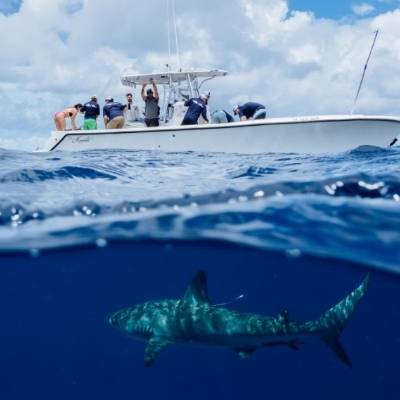
At-Sea Opportunities
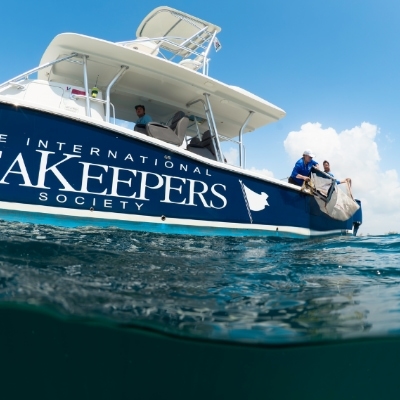
Citizen Science Opportunities
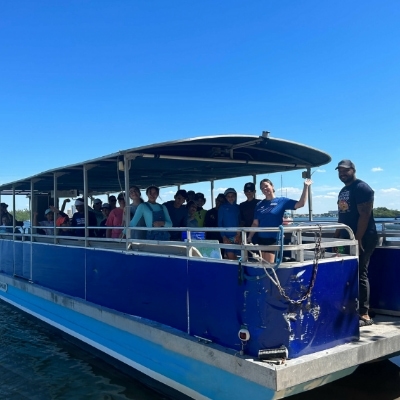
Education Opportunities
